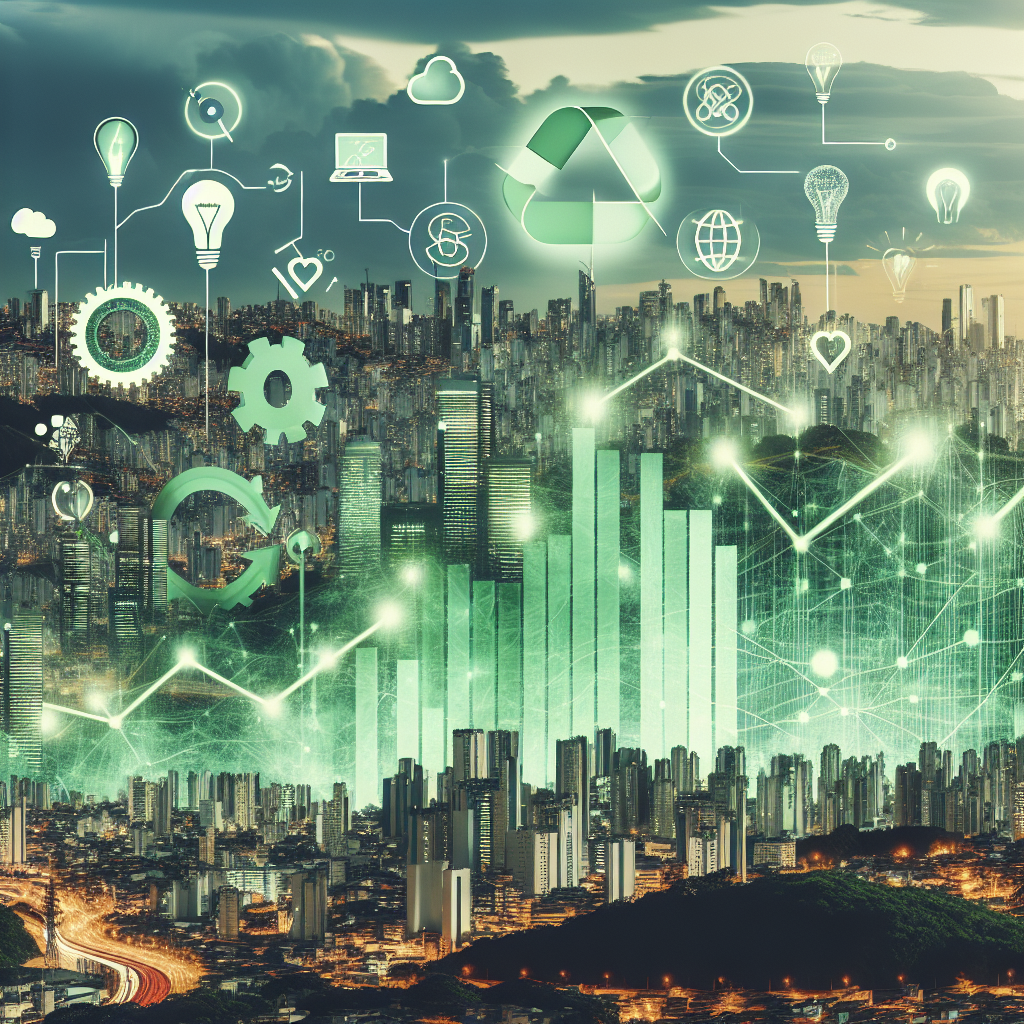Blog Ecobraz Eigre

The future of electrical wire and cable recycling in Brazil: data, trends and innovation
The recycling of electrical cables and wires in Brazil is constantly evolving, driven by technological advances, environmental awareness and public policies. Discover the current data, trends and innovations that will shape this essential sector for sustainability.
Current Context of Cable and Wire Recycling in Brazil
Brazil faces a major challenge in the proper handling of electronic waste, especially electrical cables and wires. These materials contain valuable components, such as copper, aluminum and plastic, which, if recycled, could reduce the extraction of natural resources and minimize environmental impacts.
According to recent data, the country recycles a growing share of this waste, but is still far from reaching its full potential. This is due to factors such as irregular disposal, lack of infrastructure and the need to raise awareness of the importance of recycling among consumers and professionals in the sector.
Technological Trends in Cable and Wire Recycling
Technological innovations are transforming the recycling process, making it more efficient and sustainable. Modern equipment uses advanced methods to separate materials, such as automated sorting by electronic sensors that distinguish metals and plastics with high precision, reducing losses and increasing the quality of the recycled material.
The digitalization of processes is also a growing trend, allowing for better tracking of waste and the generation of relevant data to improve reverse logistics, which is essential for the success of recycling in the country.
Relevant Data and Environmental Impacts
Studies indicate that the recycling of electrical cables and wires can save up to 80% of energy compared to the extraction and processing of virgin copper. In addition, by avoiding incorrect disposal, recycling helps prevent the contamination of soil and water by heavy metals and other toxic components present in this type of waste.
It is estimated that by expanding recycling programs, Brazil can significantly increase its material recovery rate, contributing to national and international sustainability and circular economy goals.
Initiatives and Public Policies Fostering Recycling
In recent years, the federal and state governments have encouraged the development of recycling by regulating reverse logistics and investing in infrastructure. Policies that promote environmental education and the accountability of the sectors involved are key to changing the landscape.
The creation of specialized collection points and information campaigns has been effective in increasing the population's adherence to recycling electrical and electronic waste.
Future Challenges and Opportunities
Despite progress, the sector still faces challenges such as informality, lack of financial incentives and technological barriers in some regions. Encouraging innovation, supporting sustainable production chains and expanding strategic partnerships are crucial ways to overcome these difficulties.
The future of cable and wire recycling in Brazil is promising, with the potential to generate green jobs, reduce environmental impacts and promote a more circular and responsible economy.
Conclusion
The recycling of electrical cables and wires in Brazil is an extremely important activity for environmental sustainability and economic development. With positive data and innovative trends, the sector has a unique opportunity to grow and consolidate, helping to conserve natural resources and build a greener future.

Deixe um comentário
O seu endereço de e-mail não será publicado. Campos obrigatórios são marcados com *